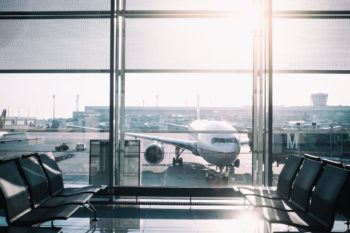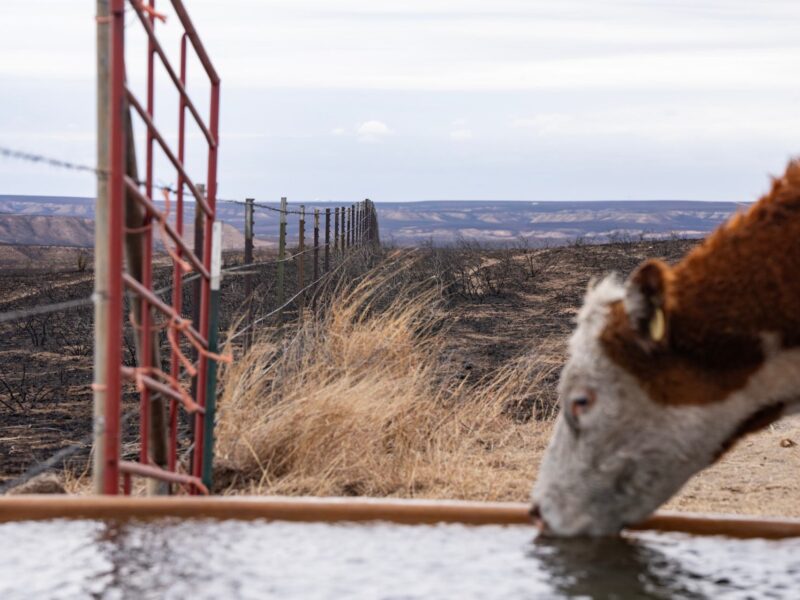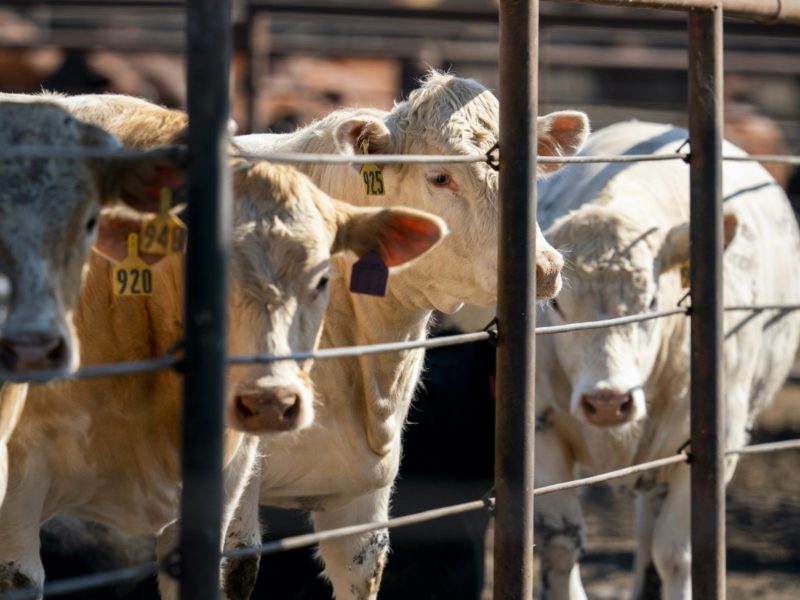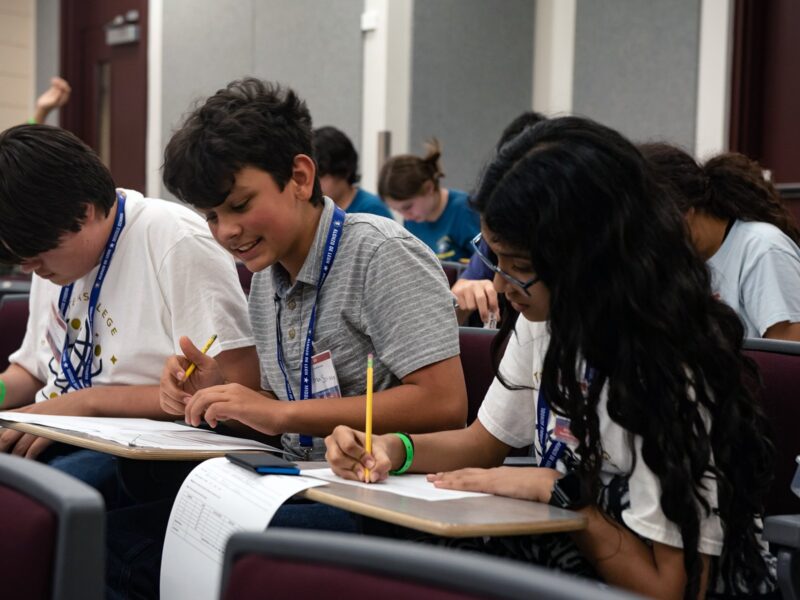What Does The Future Hold For The Travel Industry?

A recent national panel study shows how consumer perceptions about the present — and possibly the future — of the travel industry are being affected by the COVID-19 pandemic.
Among other findings, the research shows consumers in the future may want less complicated, more family-oriented travel experiences that place a greater emphasis on health and wellness.
The research, performed by Angela Durko of the Department of Recreation, Park and Tourism Sciences at Texas A&M’s College of Agriculture and Life Sciences, and Steven Migacz, Heller College of Business, Roosevelt University, was based on more than 900 completed surveys sent to consumers throughout the U.S.
Respondents were 18-74 years old, with the two largest age groups being from 25-34 and 35-44 and representing just over half of those responding.
Full research results can be found in the white paper report “Travel Consumer Feedback and Reflections during COVID-19*.”
The research looks at how the travel industry is being perceived when dealing with travel changes, what service-recovery options are being utilized, and intention to return to services. It also provides suggestions for industry improvement upon reopening based on how time spent at home during the pandemic may shape the industry in the future.
“Social distancing, travel restrictions, a greatly reduced number of flights and accommodations at travel destinations, concerns about personal health, financial considerations and industry response to these and other issues have had an impact on consumer perceptions,” Durko said.
While some survey respondents report they are saving money by not driving to work or spending money on some services, possibly leading to an increase in discretionary funding for future travel, many respondents indicate they want to adhere to a slower approach to life, including travel.
Durko said under the current circumstances, consumers prefer destinations that can offer a simpler but still rewarding experience with fewer overall distractions or scheduled activities.
“An example might be visiting a state park, beach or small attraction as opposed to going to a heavily populated attraction with multiple activities,” Durko said. “There may be a shift toward slow tourism, where the traveler stays longer but travels less once they are at their destination. The next vacation may be more about quality than quantity, with less running around and more time to appreciate the destination and travel companions.”
More focus on family
The report also shows that, although spatially distant, respondents said family bonding activities were more frequent and social distancing had led them to connect with extended family members through social and virtual means.
“If anything, family time and family connections have become stronger during this time,” Durko said. “This could suggest that travel-related companies could benefit from offering more family inclusive experiences, either by the activities offered or costs associated with the experience.”
The research indicates a likely resurgence in family trips as well as trips to visit extended family once the pandemic has subsided.
“There does appear to be a positive and quicker anticipated return to travel for family gatherings and travel by car, with lower gasoline prices being a contributor,” she said. “Many respondents expressed a desire to reconnect with family, including family in other states or countries, once travel becomes safer.”
She also said the research indicates there may be a surge in “make-up travel” for those who spent birthdays or anniversaries sheltering in place or had to cancel or postpone family oriented events such as weddings, including destination weddings.
Personal growth and improvement
Durko said many respondents noted they have been using their stay-at-home time for personal health, reflection and growth. More than half of respondents said they were using this time to reflect on diet and exercise and make wellness improvements they hope to maintain.
“Travel companies could benefit from providing opportunities that contribute to physical, spiritual and mental maintenance and growth,” she said. “We may see a rise in yoga retreats, destination runs and other physical activity offerings, as well as increased use of gyms, health spas and workout areas, provided they can show the customer they are safe and clean. We may also see more healthy food options at restaurants and resorts and an increase in culinary tourism.”
Durko said more than one-third of respondents cited cleanliness and about 20 percent cited customer service enhancements as the most important factors when deciding to return to a specific travel-related industry or business.
“Travel-related industries should focus on being open and honest with customers about operations moving forward, have strict adherence to cleanliness and demonstrate empathy toward their customers,” Durko said. “Transparency and specifics about how businesses intend to increase and monitor health and safety protocols is one of the most important things customers want to see as travel businesses reopen.”
Travel industry empathy is key
Respondents had a strong “wait and see” approach to specific travel activities, with many being hesitant to return to mass industry-provided transportation and events.
More than 75 percent of respondents agreed their changes in travel plans due to the coronavirus pandemic were due to factors uncontrollable by the service provider. So, when customer service representatives show more empathy and understanding due to changes, respondents note their overall satisfaction with having to change travel plans has been more positive.
“Three-quarters of those with a positive experience with their travel-related industry indicate they would recommend that company to a family or friend,” she said. “In an age where one customer’s story can be shared with thousands of potential customers via social media, it is crucial for the travel industry to create positive recovery experiences and responses.”
Additionally, 37 percent of respondents suggest full refunds would incentivize them to work with a company again.
“Companies able and willing to provide a quick and full refund will likely be remembered as trusted industry providers,” Durko said.
Remote, virtual experiences to continue, expand
“Many respondents have also found an affinity for work from home or remotely and say they would like to try and continue this to some degree in their weekly routine once their jobs fully reopen,” Durko said. “This may reshape the event and business travel sector, changing the focus more toward smaller gatherings and incorporating virtual audience participation.”
She said the increasing reliance on virtual experiences brought on by the pandemic is also a call to action for the travel industry and other industries.
“We’re seeing a huge increase in new virtual opportunities for travel, events, education and healthcare,” she said. “To take advantage of this, a call to action noted in the research was a need for enhanced network connections, especially in remote and underserved regions.”
For the travel and hospitality industry, these virtual opportunities may bring an experience to those who physically have never before been able to get to the destination or event for health or personal reasons. It may also lead to an increase in interest from new markets, such as those consumers now home virtually exploring and planning travel for the future.
A chance to re-evaluate priorities
Durko said one particular “silver lining” consumers are seeing amid the pandemic is an increase in attention to environmental concerns.
“Noted throughout our surveys were comments about how the pandemic has reduced traffic, noise and air pollution, as well as how wildlife benefit from reduced local and tourist impacts,” she said. “This may be the catalyst for tourists to become more in tune with their travel impact, to find ways to offset their carbon footprint through more sustainable travel practices and support local producers and economies while on vacation.
“Probably the biggest positive from the pandemic is that people have had time to re-evaluate their priorities and better understand and internalize just how precious time for family and self really are,” she said. “Moving forward, we may complain a little less, show appreciation a little more, and step away from what stresses us in favor of time for ourselves and our families.”
The report shows activities to which a more positive and faster return may be expected include:
- Extended family gatherings
- Domestic travel by car
- Return to restaurants and bars
- Outdoor leisure activities
Activities respondents indicated they would be very slow to extremely slow to return to were:
- Cruises
- International travel by plane
- Large events such as concerts, sports
- Mass tourism attractions
- Domestic travel by plane
* This link is no longer active and has been removed.
This aticle by Paul Schattenberg originally appeared on AgriLife Today.





